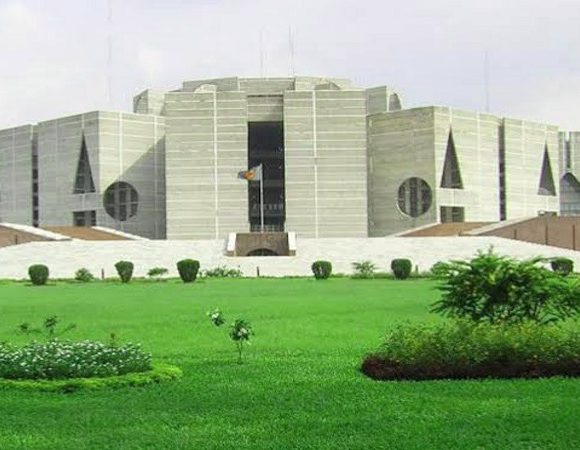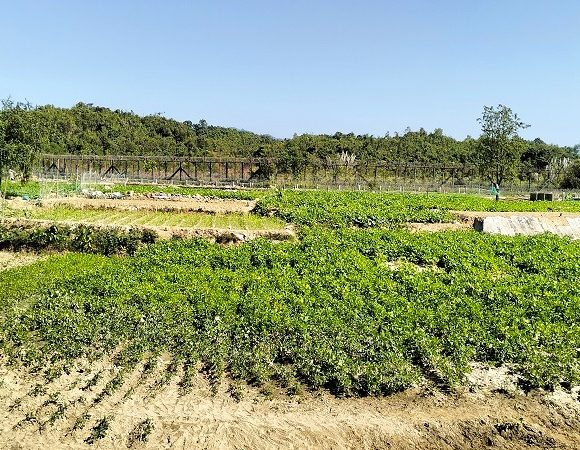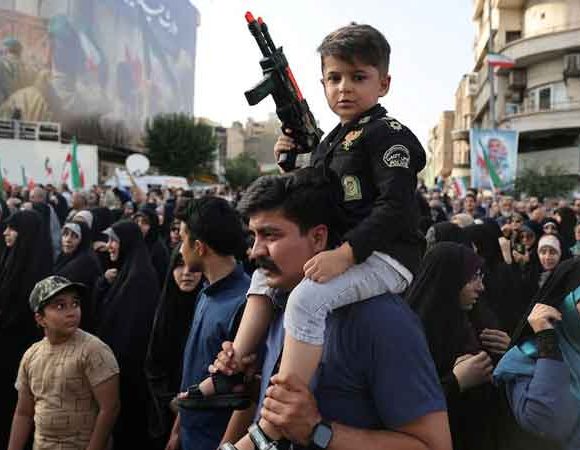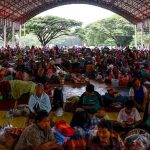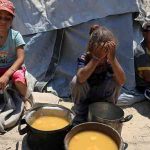IOM deputy calls for solidarity with Rohingya refugees, host communities
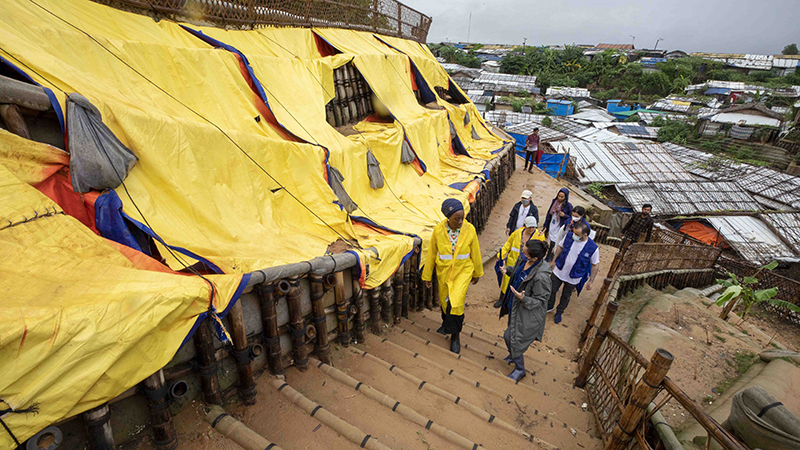
NEWS DESK
The International Organization for Migration’s (IOM) Deputy Director General (DDG) for Operations, Ugochi Daniels, concluded a five-day (July 22-26) visit to Bangladesh and called for continued and flexible support to Rohingya refugees and host communities. During the visit, she praised the Government of Bangladesh’s exemplary role in migration management and tackling climate change.
IOM has been supporting the Government of Bangladesh since 1992 and has had an uninterrupted presence in the country since 1998, wrote a press release issued on Wednesday, July 27, 2022.
“Bangladesh should be recognized for the important role they play in hosting more than 900,000 Rohingya refugees and their leadership as a ‘champion country’ of the Global Compact on Safe, Orderly and Regular Migration,” said DDG Daniels.
DDG Daniels visited the world’s largest refugee camp in Cox’s Bazar, which hosts more than 900,000 Rohingya. Most fled violence in Myanmar nearly five years ago.
“As the Government of Bangladesh continues to provide humanitarian assistance, ongoing support from the international community is crucial until the situation in Myanmar allows Rohingya refugees to voluntarily return in a safe and dignified manner,” said DDG Daniels.
In Cox’s Bazar, IOM has been providing life-saving assistance, including shelter, health services, water and other emergency items to Rohingya Refugees since 2017.
During her visit, DDG Daniels also witnessed environmentally friendly initiatives like a sustainable solid waste management facility, the world’s largest humanitarian solar-powered water supply system and a cleaner energy provision system all designed and implemented by IOM. She noted that many of these initiatives could be scalable at the national level.
“The protracted nature of this crisis requires us to scale up the creative and innovative response to this unique situation. We need to continue to build the resilience of the refugees to ensure they live with dignity in the face of reduced humanitarian funding,” DDG Daniels added.
Earlier this year, IOM issued an appeal for $139 million to support 14 lakh refugees and host community members in the country.
IOM in Bangladesh provides technical assistance to the government in various areas of migration management to ensure safe, orderly, and regular migration.
This includes support for improved migration governance, assistance to vulnerable migrants, immigration and border management, migration health, migration data and displacement tracking and humanitarian assistance.
In Dhaka, DDG Daniels met with Secretary Dr Ahmed Munirus Saleheen, Ministry of Expatriates’ Welfare and Overseas Employment, Dr Md Enamur Rahman, state minister, Ministry of Disaster Management and Relief and Masud Bin Momen, foreign secretary (Senior Secretary), Ministry of Foreign Affairs, among other diplomats, UN officials and civil society representatives.
DDG Daniels attended a high-level policy dialogue on “Human Mobility in the Context of Climate Change: Towards a Common Narrative and Action Pathway” jointly organized by the Ministry of Foreign Affairs and IOM, where she met Foreign Minister, Dr AK Abdul Momen, and Saber Hossain Chowdhury, president of the Inter-Parliamentary Union.
During her discussions with government officials and international humanitarian and development actors, she advocated for greater efforts to jointly address climate change and human mobility at national, regional and global levels.
The World Bank estimates that by 2050 one in every seven people in Bangladesh will have been displaced by climate change.
DDG Daniels added: “Ahead of COP 27, we need to redouble our efforts to ensure the climate change discourse reflects the climate migration nexus, and that this is recognized by the international community.”
Commenting on the DDG’s visit to Bangladesh, Abdusattor Esoev, IOM Bangladesh’s chief of mission, noted that “the high-level visit is very timely and reflects the importance of the Government of Bangladesh to IOM”.
Every year, approximately 10 lakh Bangladeshis migrate abroad, while the 13 million nationals who have been employed overseas since 1976 contribute to national development through remittances. Bangladesh is ranked sixth in the world as a migrant-sending country and eighth in remittances received.

